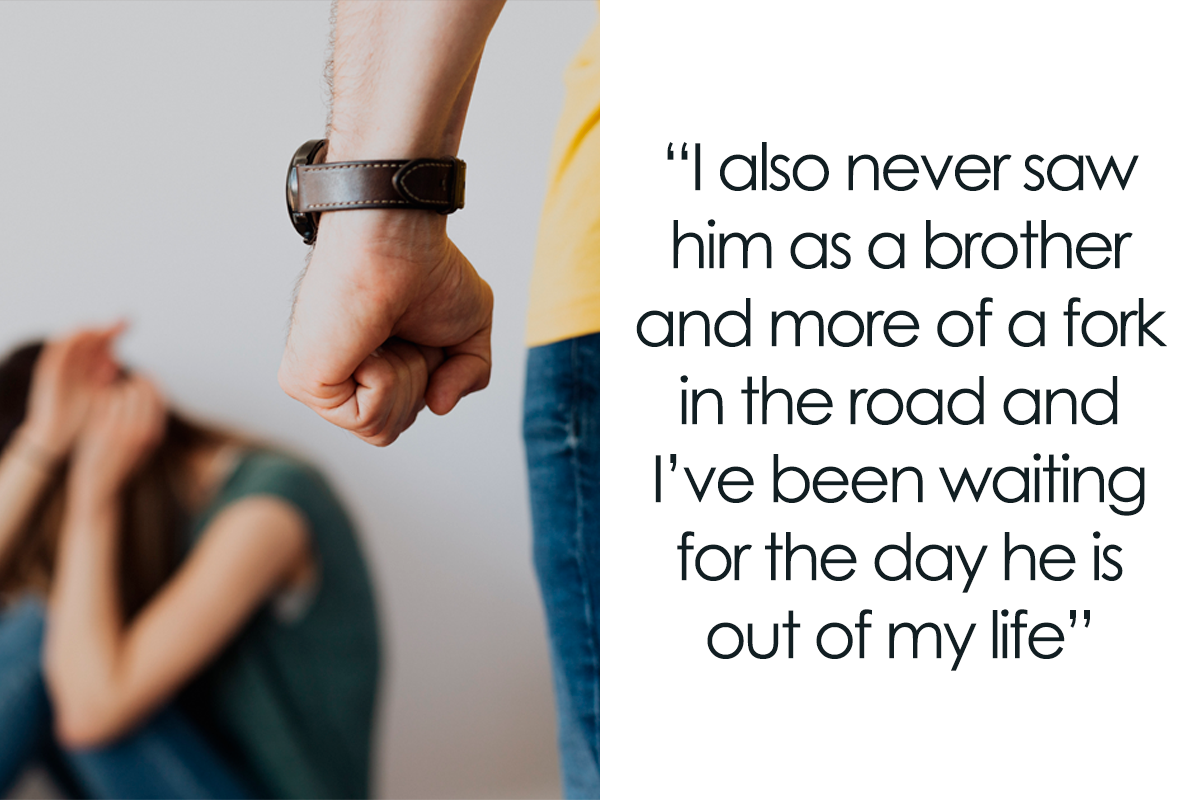
“I Can’t Wait To Abandon My Disabled Brother”: The Internet Showers Man With Support
Many of us are taught that family comes first, no matter what. But families can also be messy and complicated, and if looking out for our own health and safety means upsetting relatives, that might be a sacrifice that’s worth making.
Below, you’ll find a story that one man recently shared on the True Off My Chest subreddit, detailing why his relationship with his disabled brother has reached the final straw.
After bringing his girlfriend to his family’s house, this man was horrified to see his brother attack her for no reason
Image credits: Gustavo Fring (not the actual photo)
Now, he wants nothing to do with his sibling, despite his parents claiming that he’ll be his responsibility one day
Image credits: YuriArcursPeopleimages (not the actual photo)
Later, the man added that him and his girlfriend filed a police report
Image credits: Desperate-War-5776
He also answered a few questions readers had about the situation
Approximately 1 in every 6 people on the planet lives with a disability
While there are dozens of different types of disabilities, the World Health Organization estimates that 1.3 billion people on the planet experience a significant disability. In the United States, the Pew Research Center reports that the most common disabilities involve difficulties with walking, independent living or cognition, and these conditions are more common amongst older individuals.
However, having a disability can impact every aspect of a person’s life. Disabled Americans tend to earn less at work than their non-disabled peers, and they also reported higher levels of psychological distress during the pandemic than Americans without disabilities. Having access to healthcare is also more challenging for disabled individuals. The CDC reports that a quarter of disabled adults between 18 and 44 don’t have a usual health care provider, have an unmet health care need because of costs, and 20% of adults with disabilities between the ages of 45 to 64 have not had a regular check up in the past year.
Image credits: Caleb Woods (not the actual photo)
Intellectual disabilities can sometimes make individuals more prone to exhibiting aggressive behavior
In comments on his original post, the man later specified that his brother has Autism and Prader-Willi syndrome, two intellectual disabilities. According to Inclusive City Maker, over 200 million people on the planet, or 2.6% of the world’s population, have an intellectual disability.
While there are plenty of disabled individuals out there who have no behavioral issues at all, as with any other group of people, violent behaviors can appear in a small number of individuals. According to Evidentia University’s Forensic Sciences Club, “Challenging behavior, which includes self-injury, aggression, threats, physical violence, and sexually aggressive behavior, among others, is estimated to have a prevalence of approximately 10% among adults with intellectual disability, and tends to persist over time, with a rate of approximately 25% at 2 years.”
Studies have also found that aggressive challenging behavior among adults with intellectual disabilities is more common among men, those on the autism spectrum, and those who have communication problems and or disability aggravation. Young adults, under 31 years of age, are also more likely to display aggression.
Image credits: Karolina Grabowska (not the actual photo)
Taking care of someone with an intellectual disability can be a huge commitment and isn’t necessarily for everyone
Raising a child with a disability obviously comes with additional challenges that not every parent has to face, but when it comes to dealing with aggression, the CDC recommends a few tactics that may make parents’ lives easier. First, they recommend resisting the impulse to use any aggression or violence back. It’s best to keep your home life “calm, supportive and respectful.”
Start reinforcing alternative or competing behaviors early on, such as playing a game instead or drawing in a coloring book. Praise your child when they exhibit good behavior, and teach them how to articulate their feelings. Work with them to develop coping strategies for when they’re scared or stressed. And explain consequences for misbehavior ahead of time, so they know what to expect.
Taking care of an adult with a disability can become a full-time job, and while the parents have signed up for it, the son in this story does not have the same obligation, regardless of what his mother and father may believe. We would love to hear your thoughts on these posts in the comments below, pandas. Do you think he made the right choice to press charges? And if you’re interested in reading another Bored Panda article, we recommend reading one discussing similar family drama.
Image credits: Robo Wunderkind (not the actual photo)
Readers shared support for the man in the comments, assuring him that he was right to stand up for his girlfriend
Some even had similar stories of their own to share
The sad thing is that there is testing you can get done for so many disabilities (not all obvs) during the first months of a pregnancy but the so-called pro-life people have or are trying to make it illegal to get them done and abort. I understand the legitimate concerns around such testing in the context of genocidial behaviours towards people with disabilities, but IMHO, if you know you are very likely creating someone who will have a life of confusion and pain and you are not able to care for them until they die, don't let the cells grow into that baby. If you truly want to help, then put those resources towards helping people who are already born and need extra support in whatever form.
Luckily the pro-life lobby always want to provide extremely generous funding to families to help people with physical and mental disabilities. They don’t simply abandon them at the point of birth. No, wait, it’s the opposite of that happens.
Load More Replies...It is not a bad thing to not want a disabled child. It is not immoral to abort a fetus if it has a disability. It is never wrong to not want to be the cause of a human suffering. I can't believe that there are people who genuinely think not wanting to have a disabled child is somehow a moral failing.
Glass child... in danish "skyggebørn"... it means the same. The children that suffers from unhealthy siblings. We are first now in denmark starting to really recognise the problems these children have... Set these children free and give them their childhood back...
The sad thing is that there is testing you can get done for so many disabilities (not all obvs) during the first months of a pregnancy but the so-called pro-life people have or are trying to make it illegal to get them done and abort. I understand the legitimate concerns around such testing in the context of genocidial behaviours towards people with disabilities, but IMHO, if you know you are very likely creating someone who will have a life of confusion and pain and you are not able to care for them until they die, don't let the cells grow into that baby. If you truly want to help, then put those resources towards helping people who are already born and need extra support in whatever form.
Luckily the pro-life lobby always want to provide extremely generous funding to families to help people with physical and mental disabilities. They don’t simply abandon them at the point of birth. No, wait, it’s the opposite of that happens.
Load More Replies...It is not a bad thing to not want a disabled child. It is not immoral to abort a fetus if it has a disability. It is never wrong to not want to be the cause of a human suffering. I can't believe that there are people who genuinely think not wanting to have a disabled child is somehow a moral failing.
Glass child... in danish "skyggebørn"... it means the same. The children that suffers from unhealthy siblings. We are first now in denmark starting to really recognise the problems these children have... Set these children free and give them their childhood back...

 Dark Mode
Dark Mode 

 No fees, cancel anytime
No fees, cancel anytime 


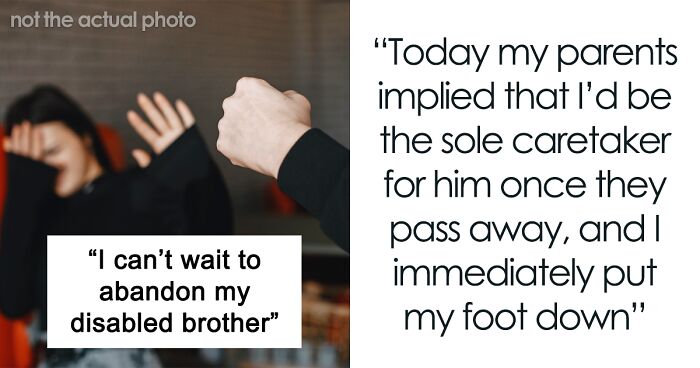










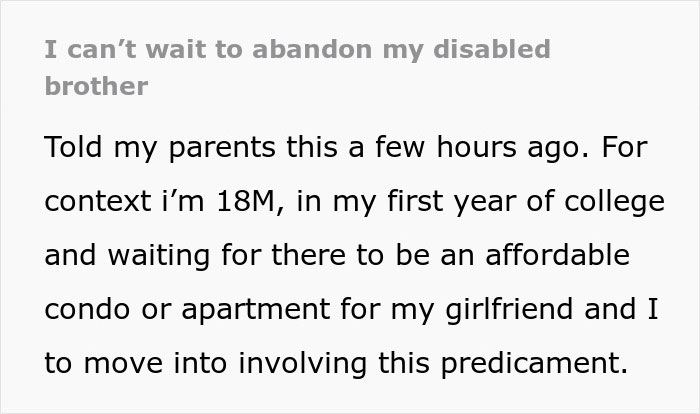


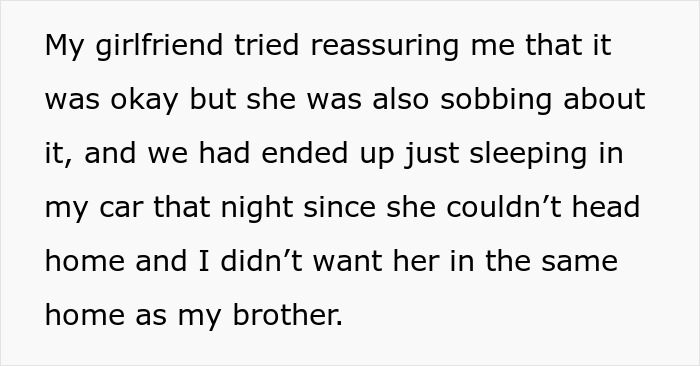
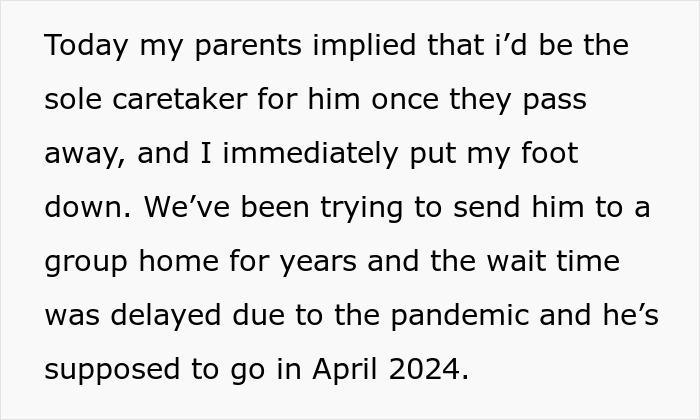

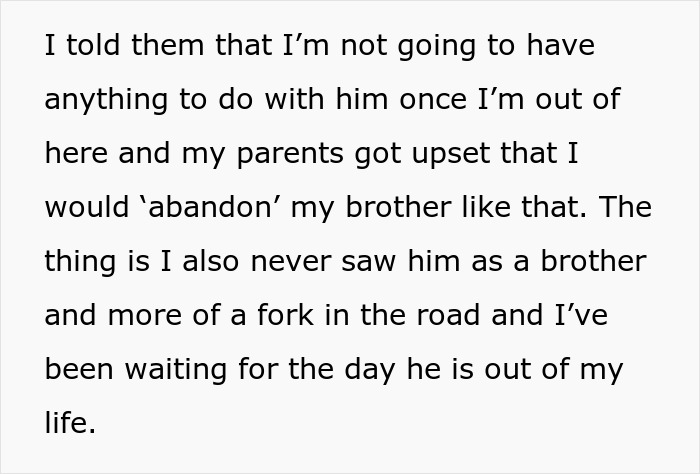
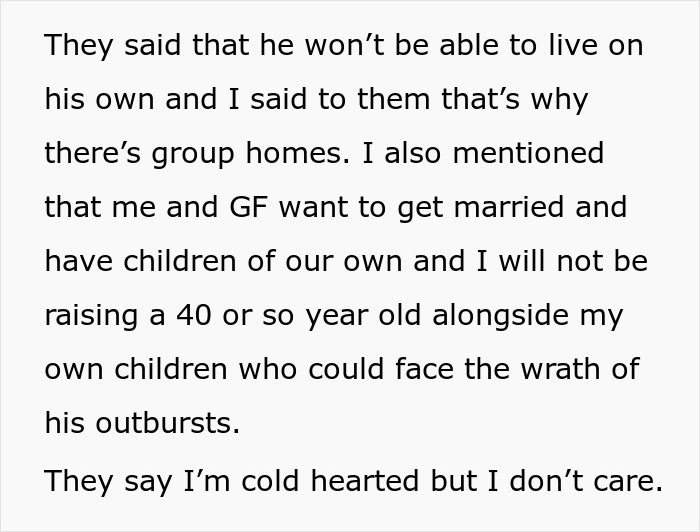



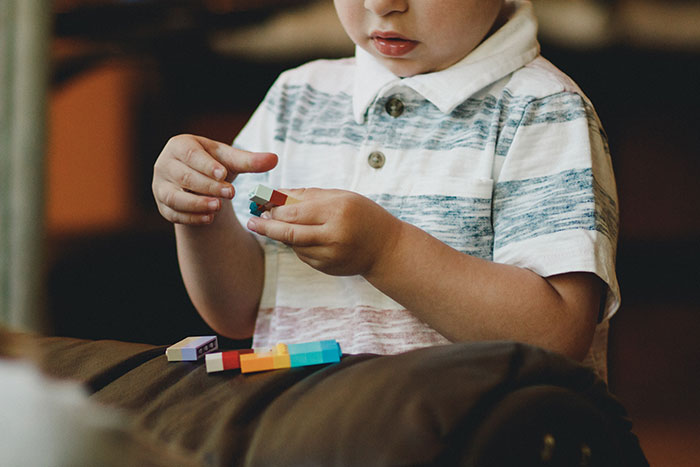

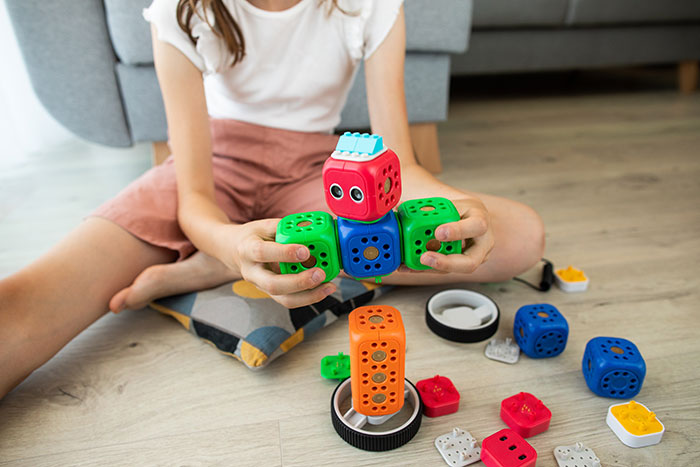
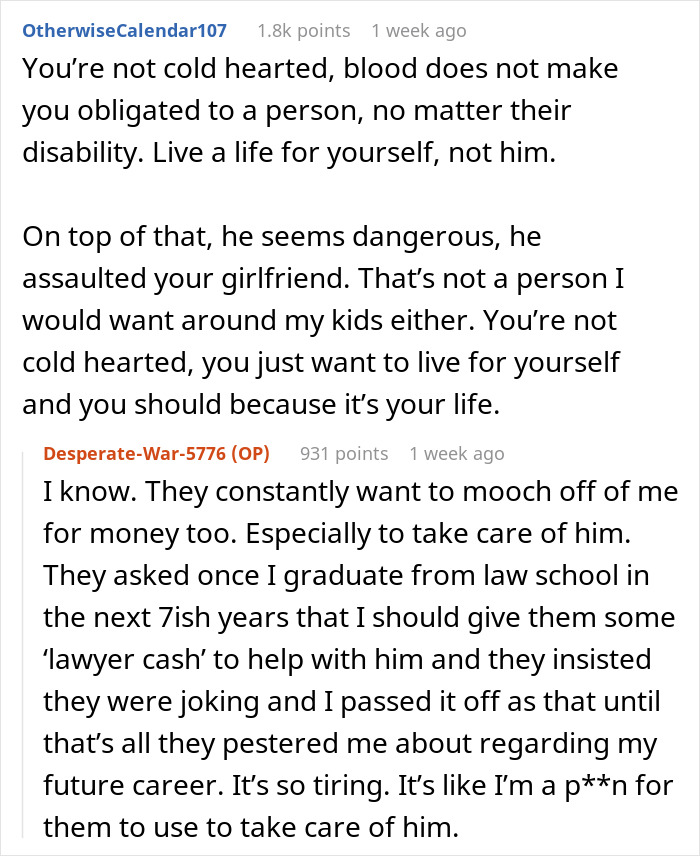

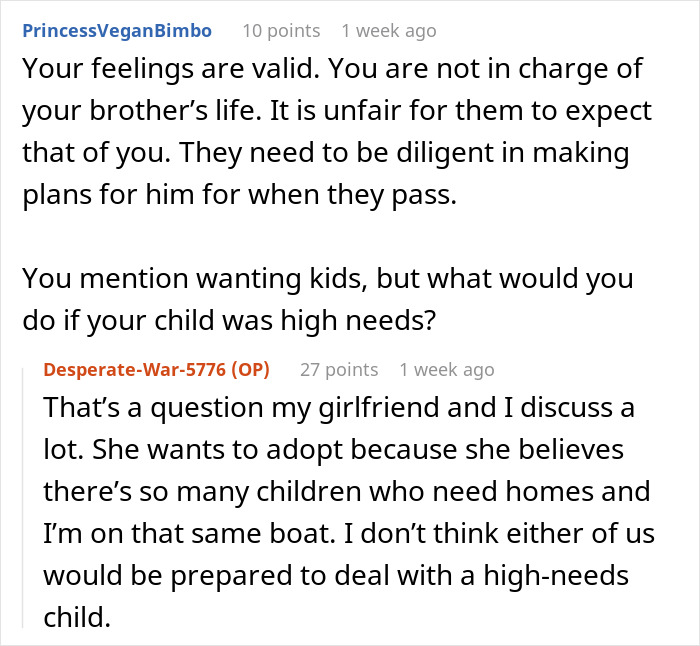
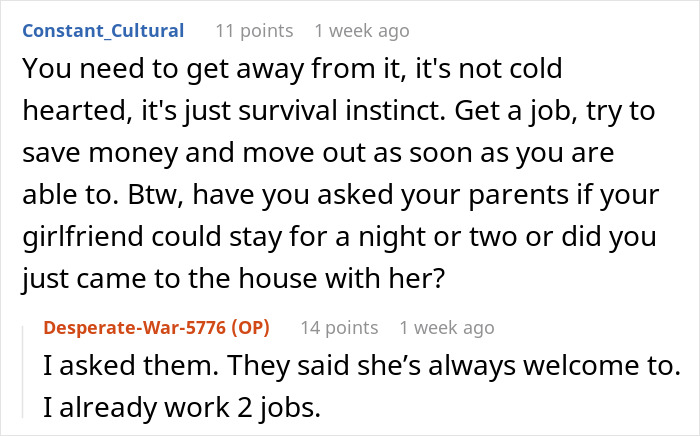
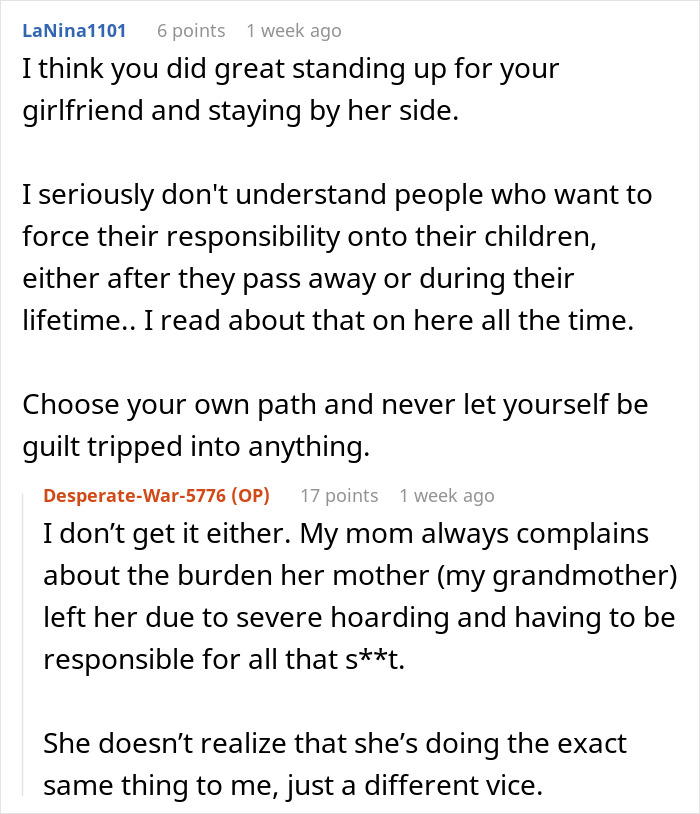
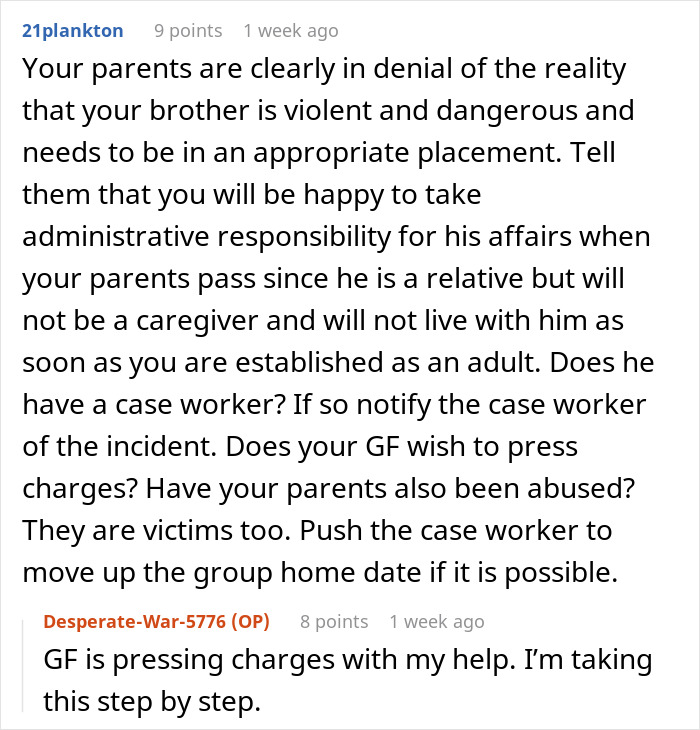
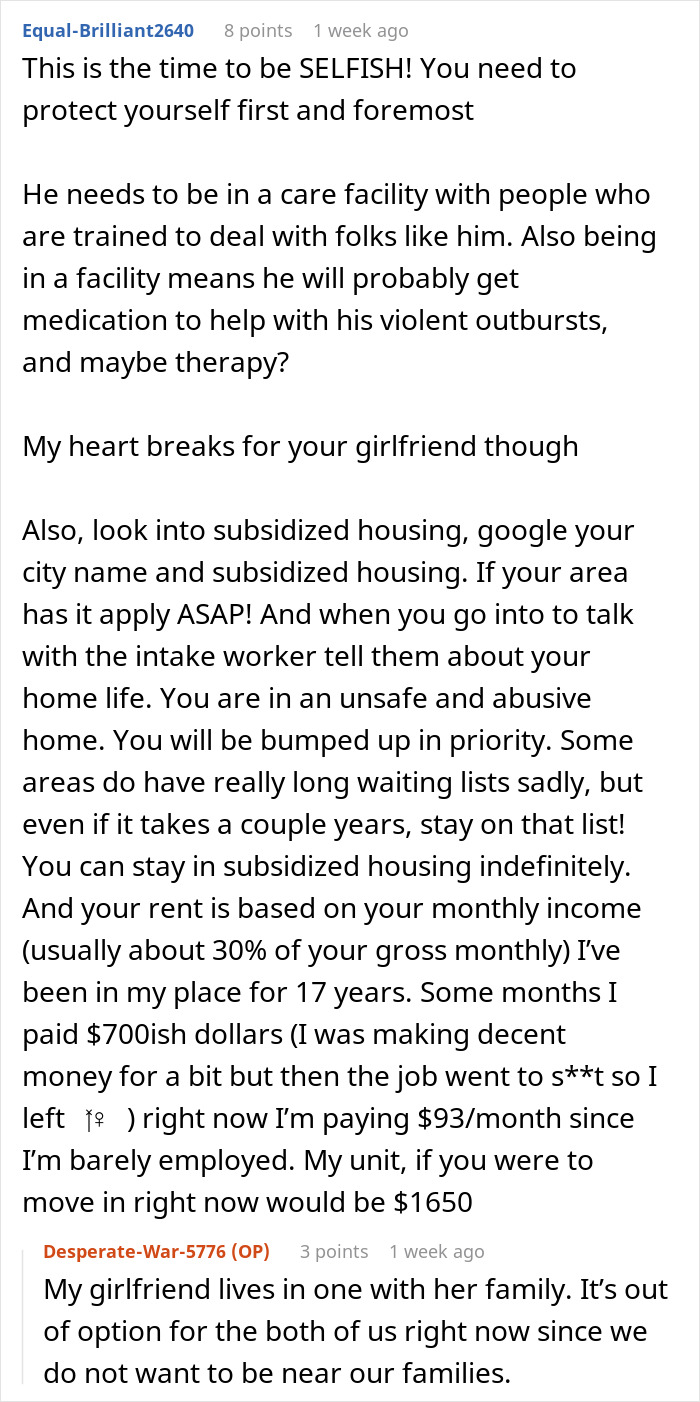
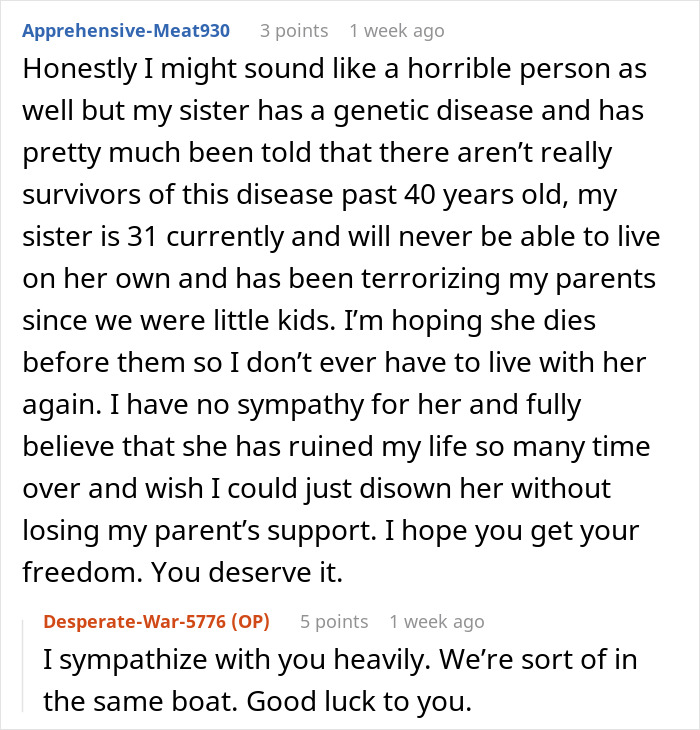
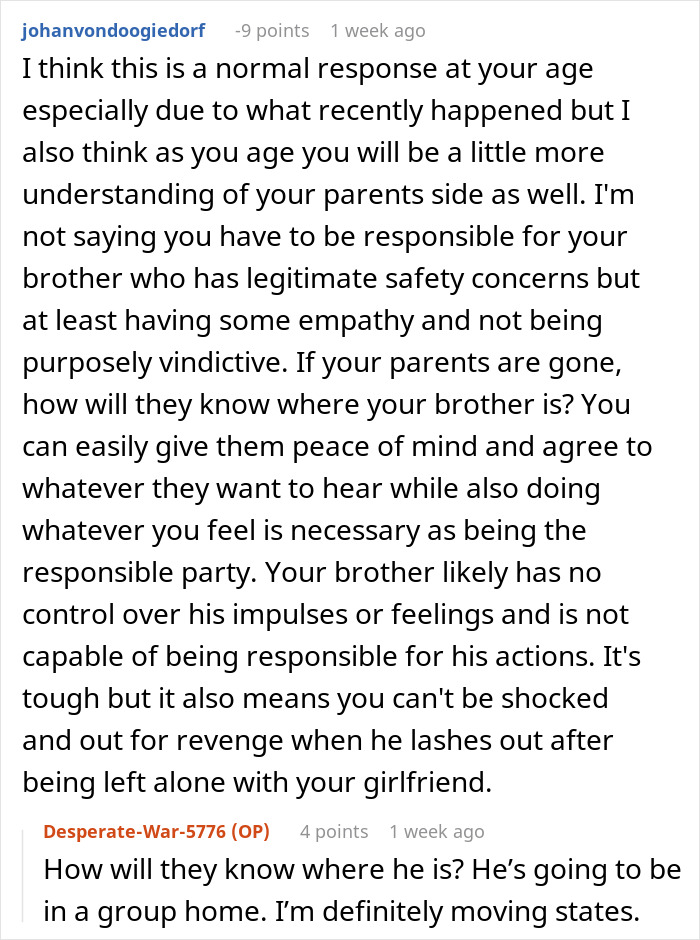
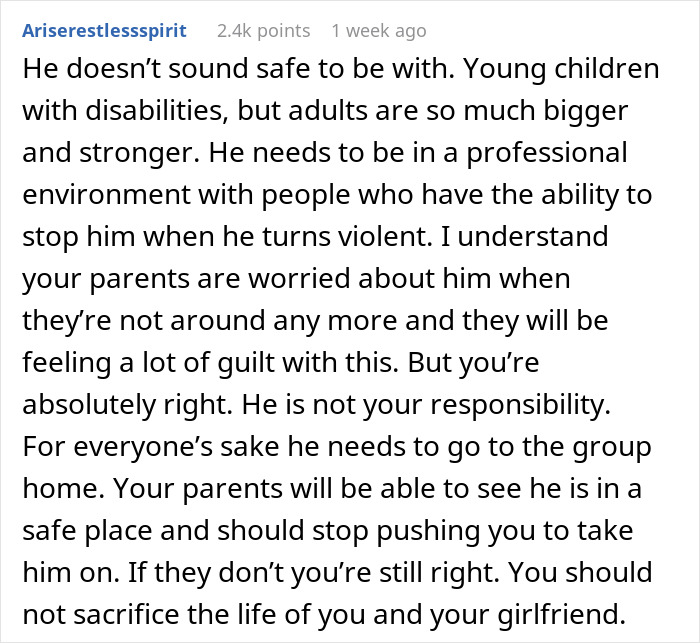

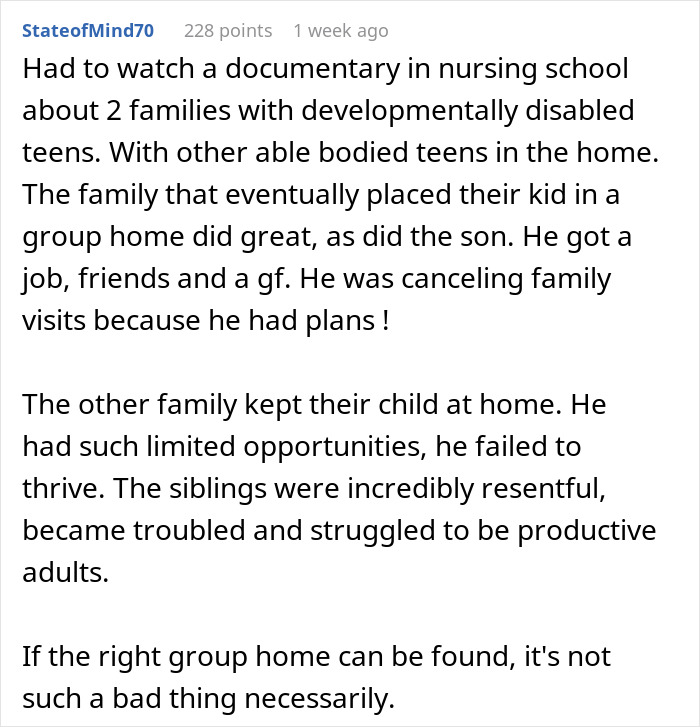

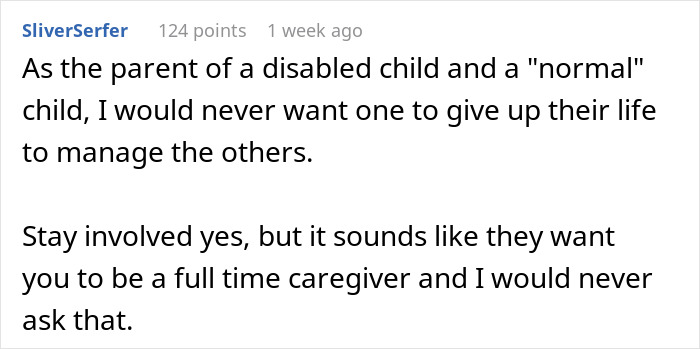

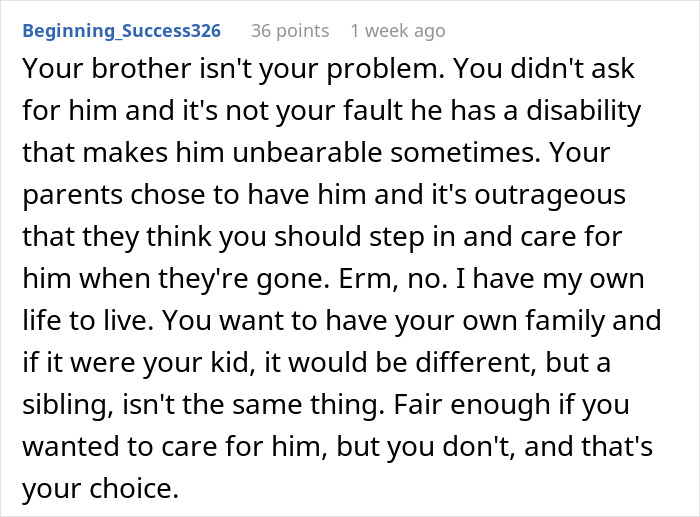
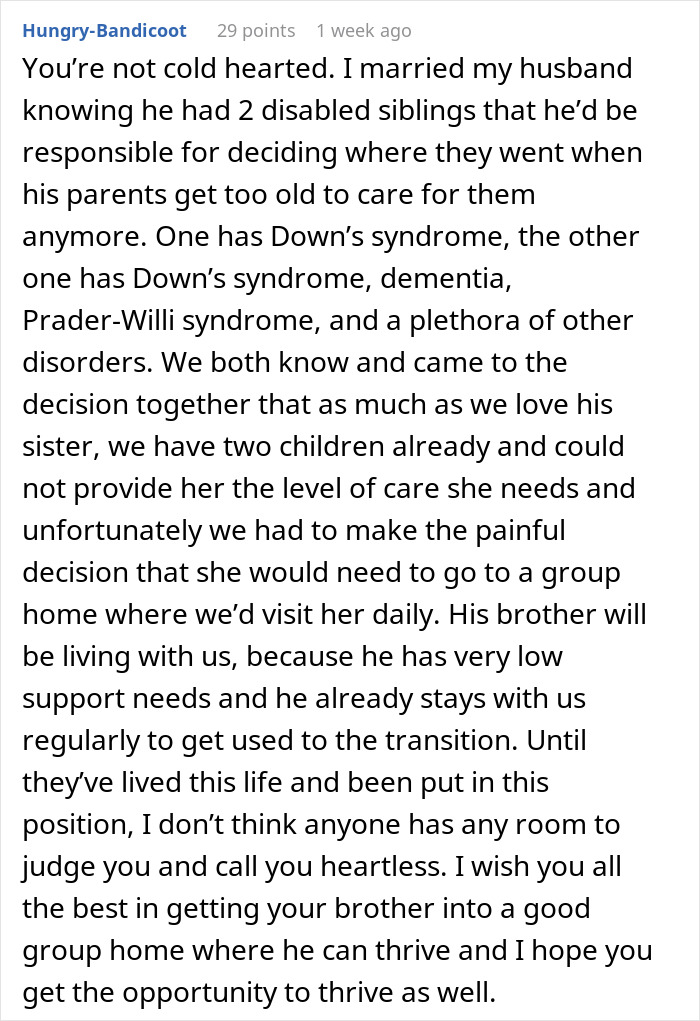
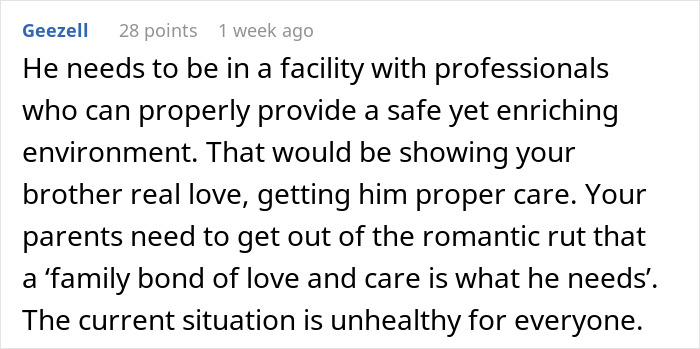
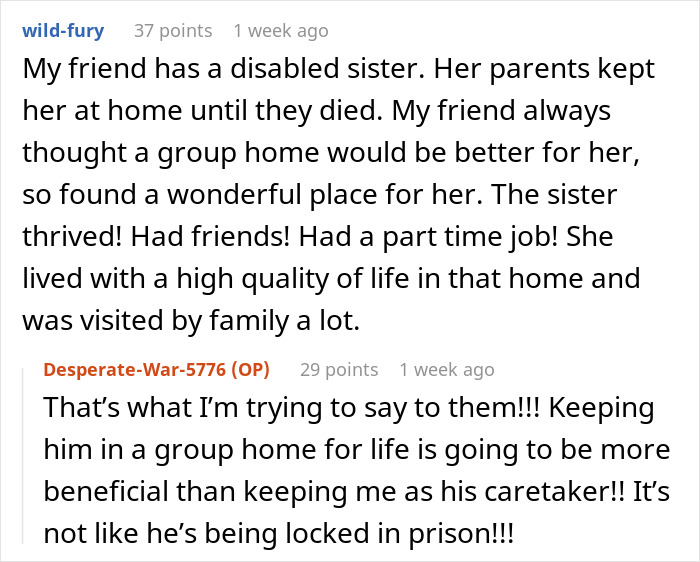

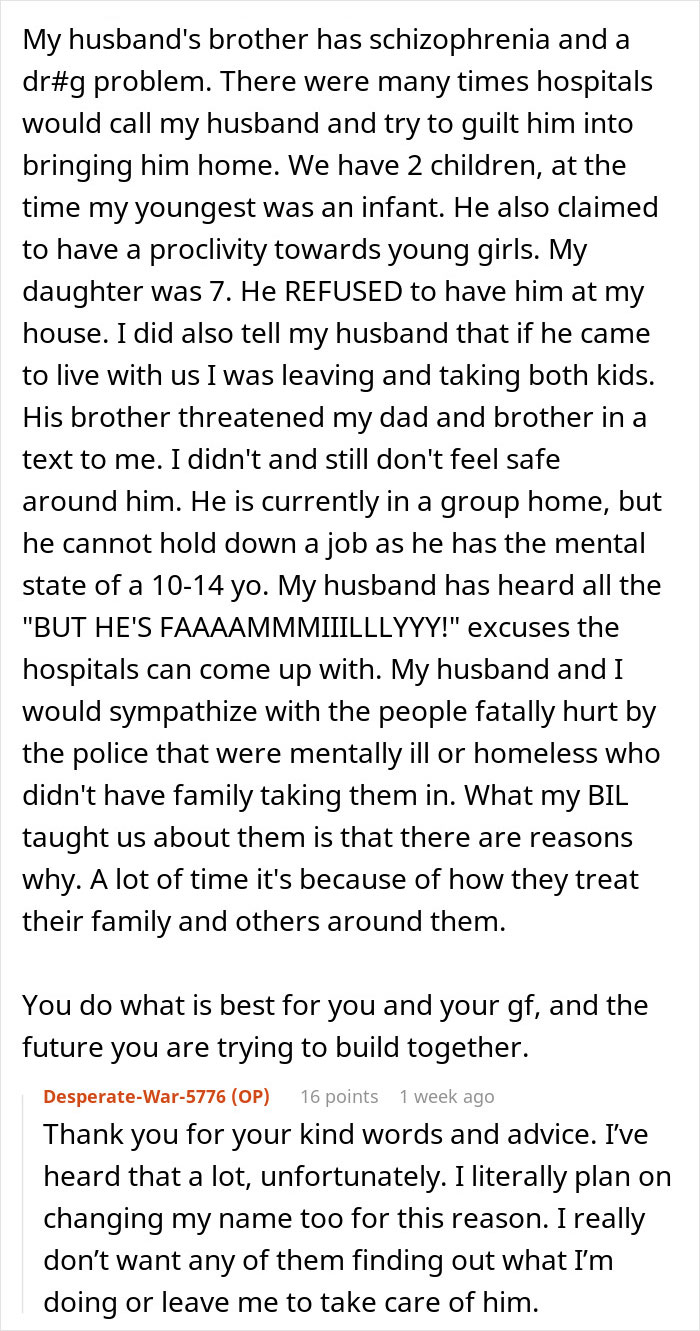
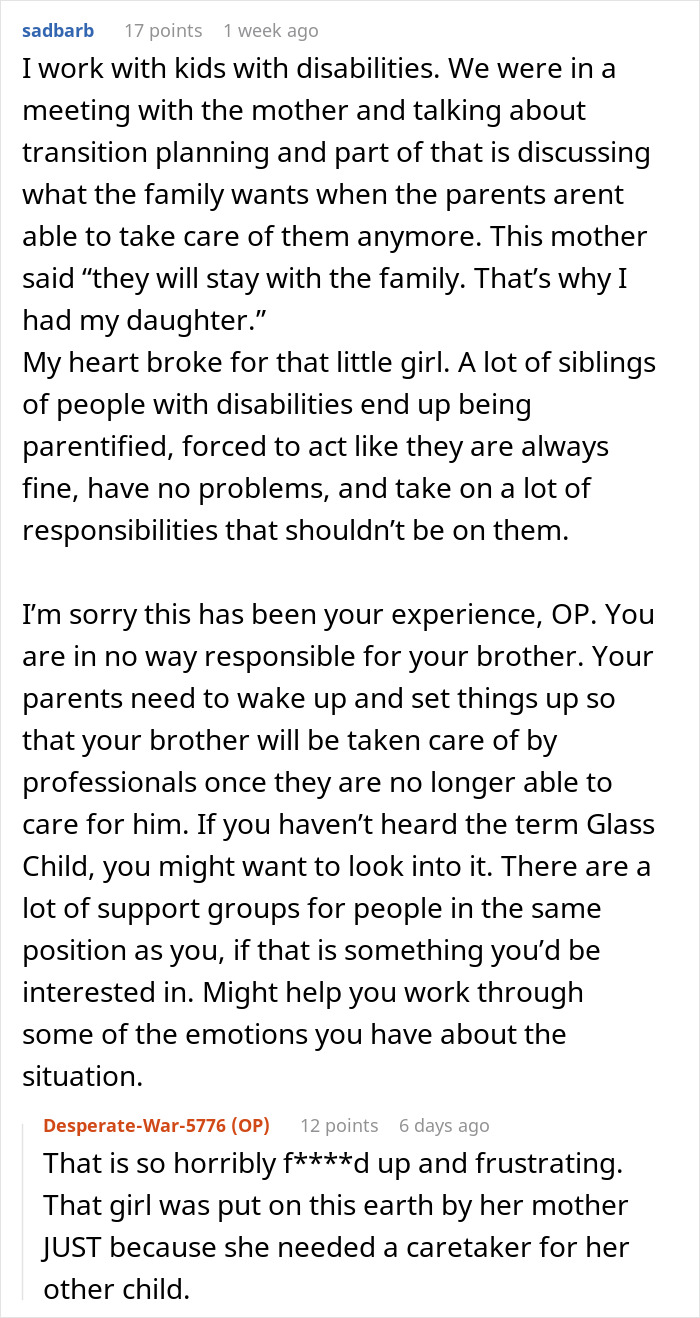









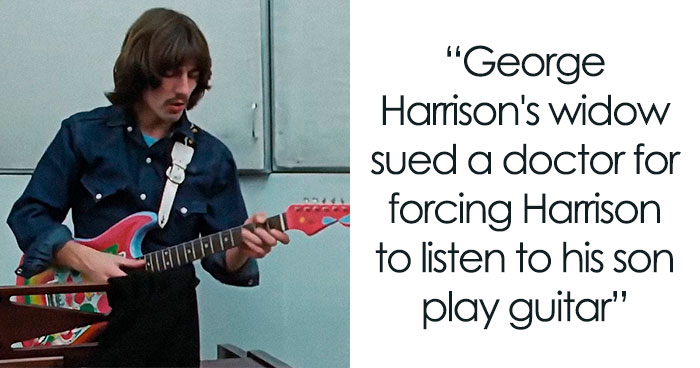

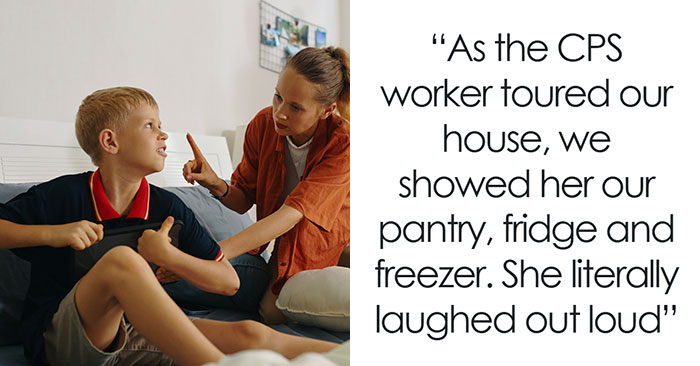

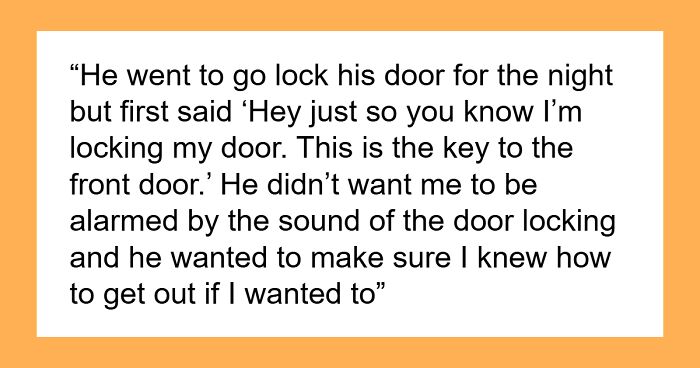
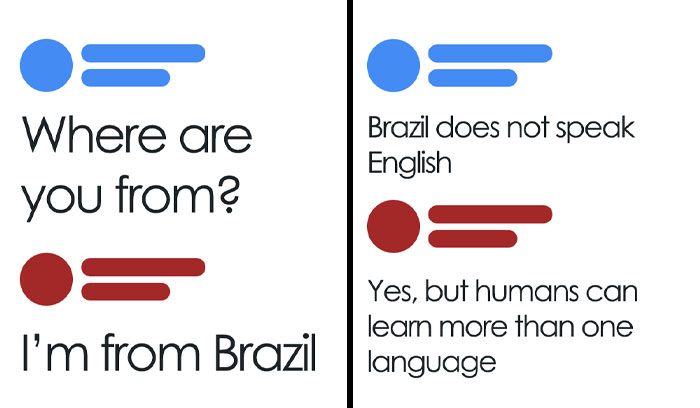




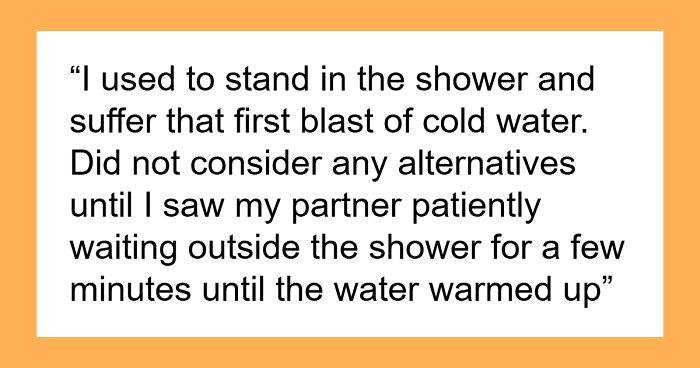

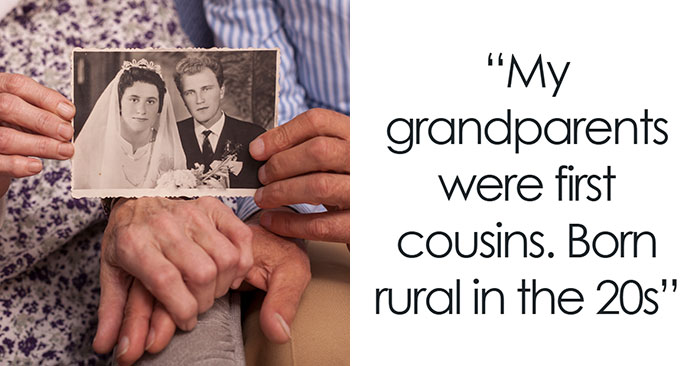


76
47